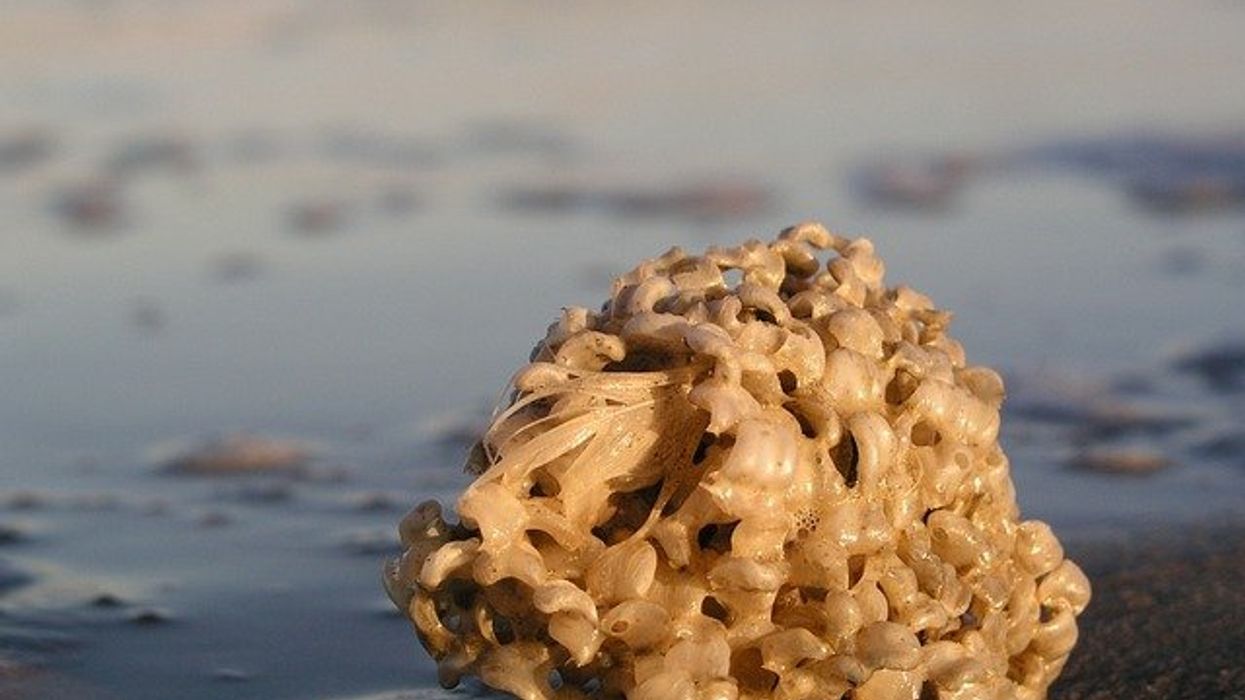
Caribbean sea sponges offer new insights into the history of climate change, suggesting a higher rate of global warming than previously thought.
Raymond Zhong reports for The New York Times.
In short:
- Caribbean sea sponges, living for centuries, have been studied for climate change insights, revealing a higher global temperature increase than previously estimated.
- The sponges' chemical composition indicates a 1.7 degrees Celsius rise since the industrial age, surpassing the commonly cited 1.2 degrees.
- This new data suggests that the effects of climate change could be closer than anticipated, potentially accelerating the timeline for significant environmental impacts.
Key quote:
“Some of the impacts of climate change that we’re seeing today are quite surprising."
— Gabi Hegerl, a climate scientist at the University of Edinburgh
Why this matters:
This research connects to a larger narrative of underestimating climate change's pace and intensity.
Under assault from climate change, acidification, and a plastics barrage, the oceans get a boost from the marine reserve movement.

 9 months ago
55
9 months ago
55

